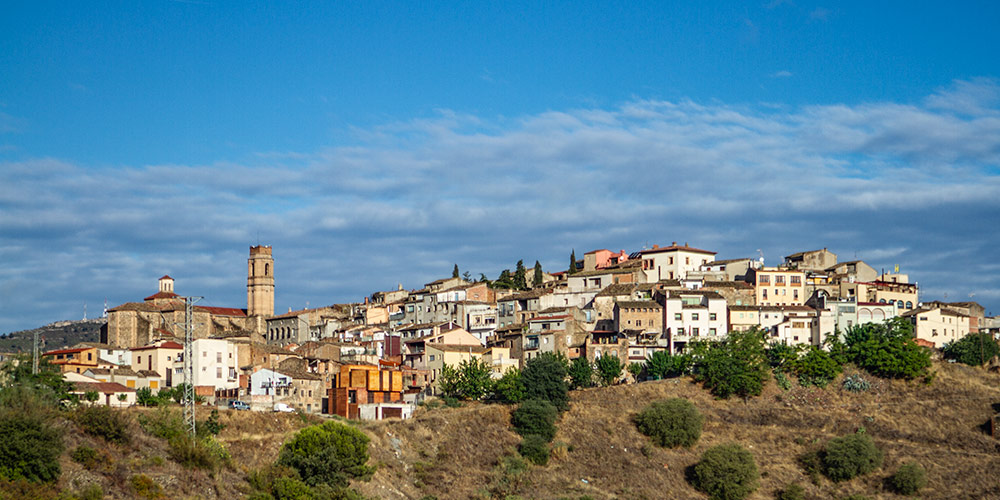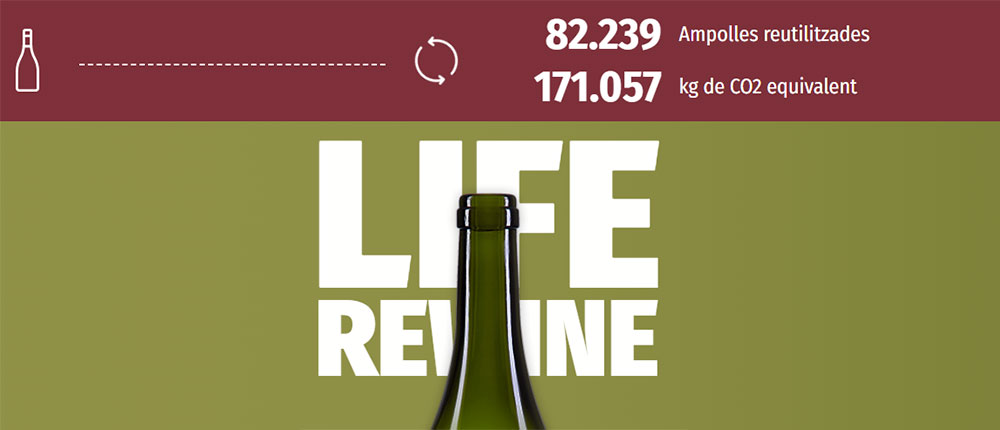A few months ago, I received an email from a Canadian wine writer I’ll call, N. “Mack” who was asking me to review her new memoir. I turned down the offer as it seemed her idea was just to rope in positive blurbs from people that could be listed on the cover. This is a common practice which goes to show how worthless these endorsements are (ES) both for the author as well as the endorser. These are say-nothing statements like: “Filled with grit and vulnerability”, a “highly personal odyssey […]

